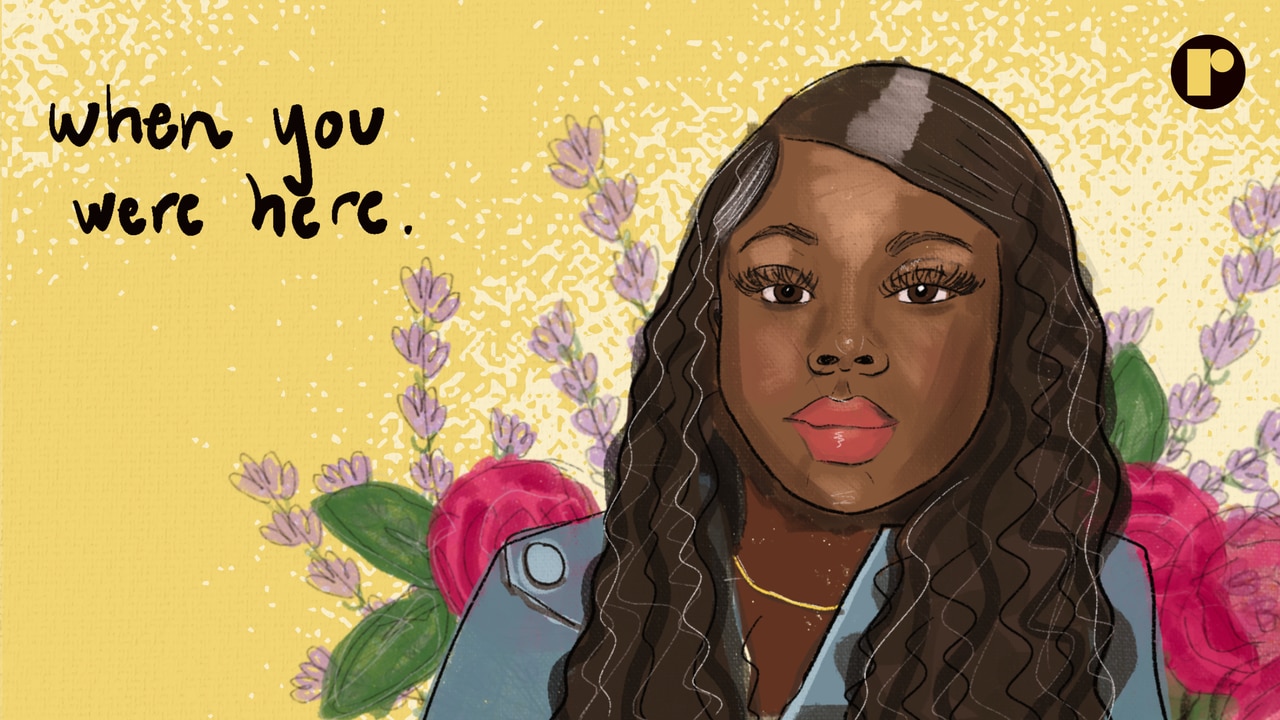When You Were Here: Tasiyah âSiyahâ Woodlandâs unbreakable sisterhood
This piece is part of When You Were Here, a series commemorating trans people whose lives were taken. Rather than centering their murders, our stories incorporate memories from people who loved them to illuminate the times when they were alive—when they were here.
If your jeans were too tight, Tasiyah “Siyah” Woodland had no qualms letting you have it.
A decade ago, when she first met Jayda Amora, who would become her best friend, Woodland said, “Your jeans are tight—are you gay?” At the time, the two were in fourth grade at Lexington Park Elementary School in Maryland.
Despite the playful teasing, Amora felt Woodland’s gravitational pull.
“Something about her I also saw in myself,” Amora tells me. “We were different than everybody else—or at least the boys in school.”
By 7th grade, Amora started transitioning, and Woodland followed suit around 6 months later. Aside from being young Black trans girls, Amora related to Woodland on a familial level, too. Woodland lost her mother to drug addiction—a struggle Amora’s living mother still struggles with today. But Amora had lost her father, and Woodland could relate to what it was like to have a dead parent.
“[Her mom’s death] played a big part in her life, because why wouldn’t it?” Amora said. “Seeing how Siyah lived her life, I knew that she just wanted to make her mom proud and do good.”
The two—inseparable by personality and tethered by shared life experiences—often visited the grave together. At the Charles Memorial Garden in Leonardtown, Md., Woodland frequented the cemetery with Amora, from smoking together to just spending time with one another in proximity to their parent’s burial sites.
Be it after school, on a leisurely weekend or very late at night, the graveyard was their place of solace; as tumultuous as transitioning in middle school can be while grieving family, Woodland’s tradition of visiting their parents at the memorial garden kept her and Amora feeling grounded.
For Woodland, listening to rap was another form of remedy. Woodland loved male rappers—a category of rap that was foreign to Amora. But when it came to female rappers like Megan Thee Stallion, Latto, Trina or GloRilla, no song was off the table for the two best friends.
I pictured Woodland listening to GloRilla’s hit song “Tomorrow.” On the last line of the song, she raps: “Every day the sun won’t shine, but that’s why I love tomorrow.”
Woodland ruminated on the idea of growing up to become a traveling nursing Assistant. At 17, she worked her first job at Wendy’s with Amora, and then the two moved onto working at a gas station next. According to Amora, Woodland enjoyed working, even if it was mundane. “Woodland dreamed of having her own place, her own car—she just wanted to be very independent. She was always very independent.”
“Even at a young age, she just wanted to be stable,” Amora said. “We craved stability from a young age, to have our own peace of mind because, unfortunately, we weren’t able to live a normal life.”
Amora ponders over what their sisterhood together meant for Woodland. “I hope she knows that she had someone who was there for her or someone that genuinely cared. I hope she knows that I wanted her best interest in life.”
